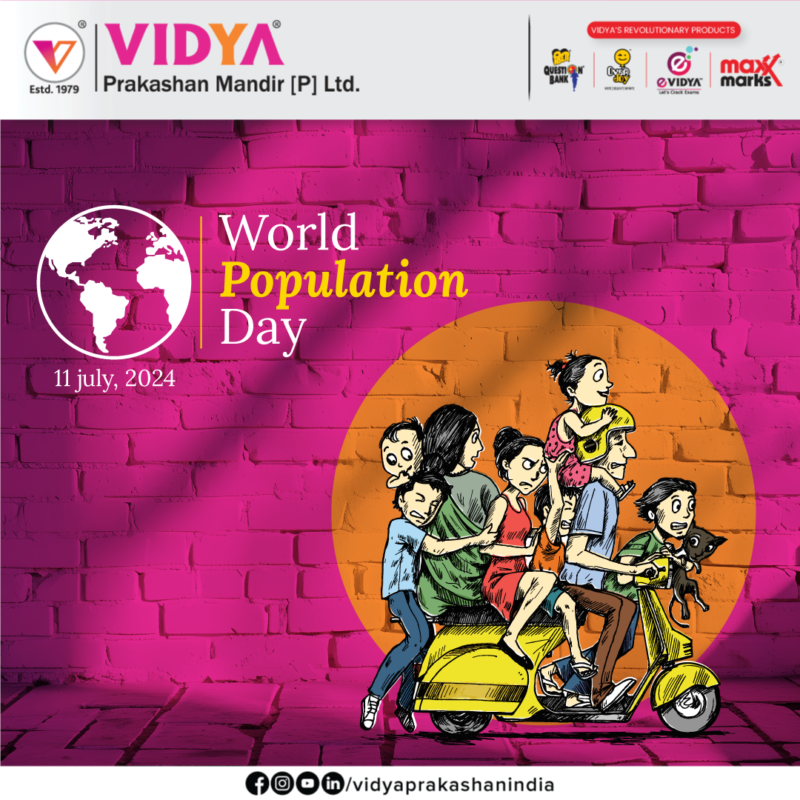World Health Day 2024
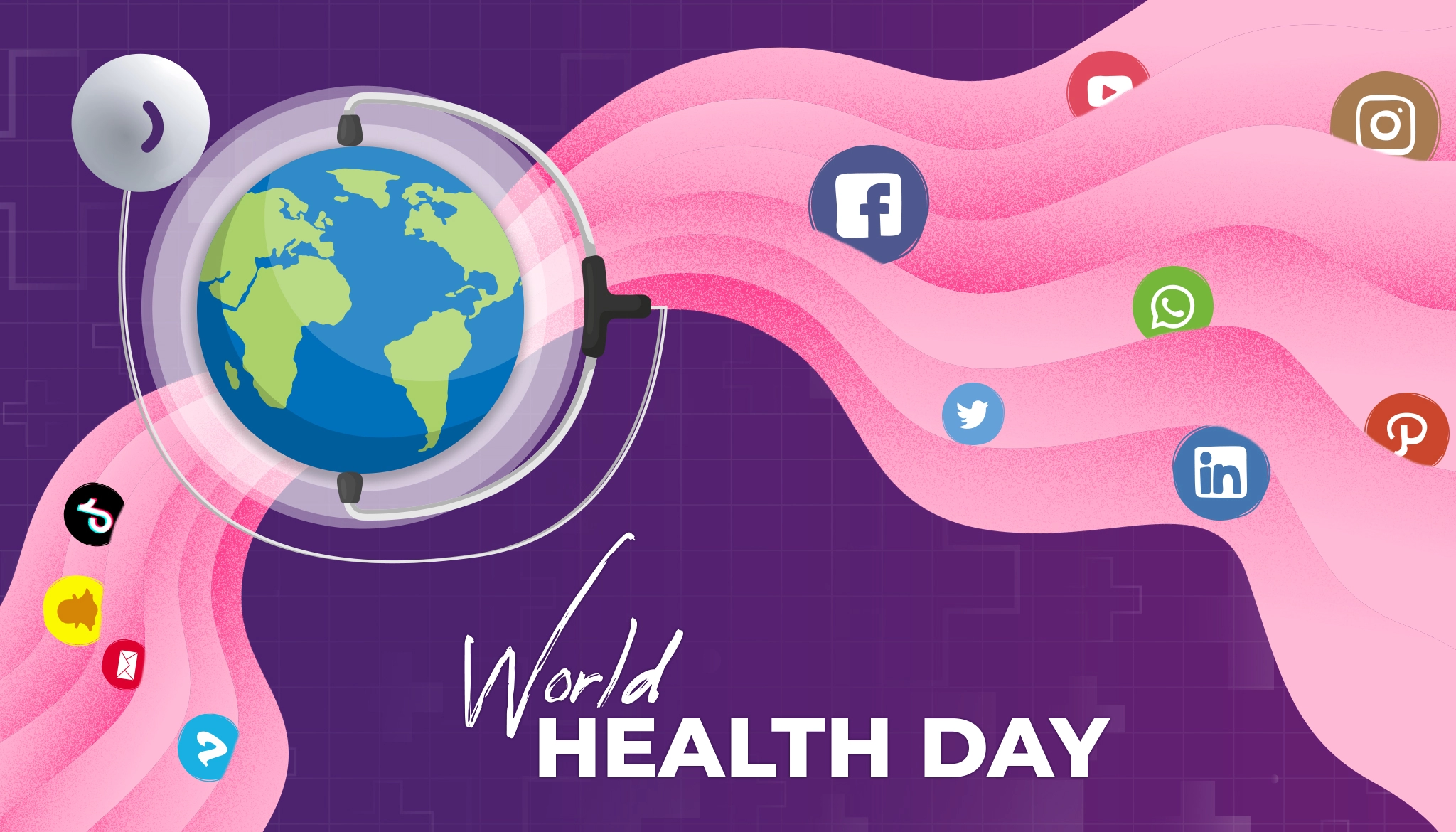
World Health Day: Building a Healthier Future
- Diseases and disasters loom large as causes of death and disability.
- Around the world, the right to health of millions is increasingly coming under threat.
- Conflicts are devastating lives, causing death, pain, hunger and psychological distress.
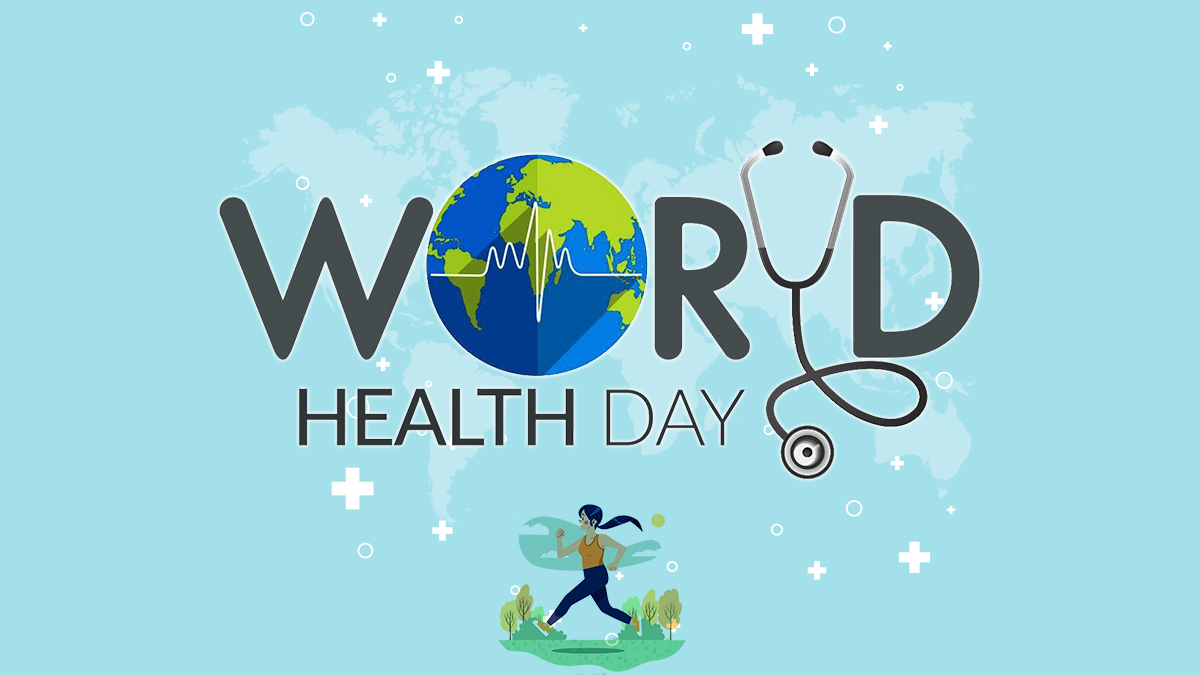
About World Health Day
World Health Day is celebrated annually on April 7th. It was first established by the World Health Organization (WHO) in 1950 to raise awareness about health issues and promote healthier living habits on a global scale.
- Its idea was conceived at the First Health Assembly in 1948 and it came into effect in 1950.
- It is being celebrated today to mark the foundation of the World Health Organization (WHO) on 7th April 1948.
- It is celebrated annually and each year it draws attention to a specific health topic of concern to people all over the world.
The theme for World Health Day 2024
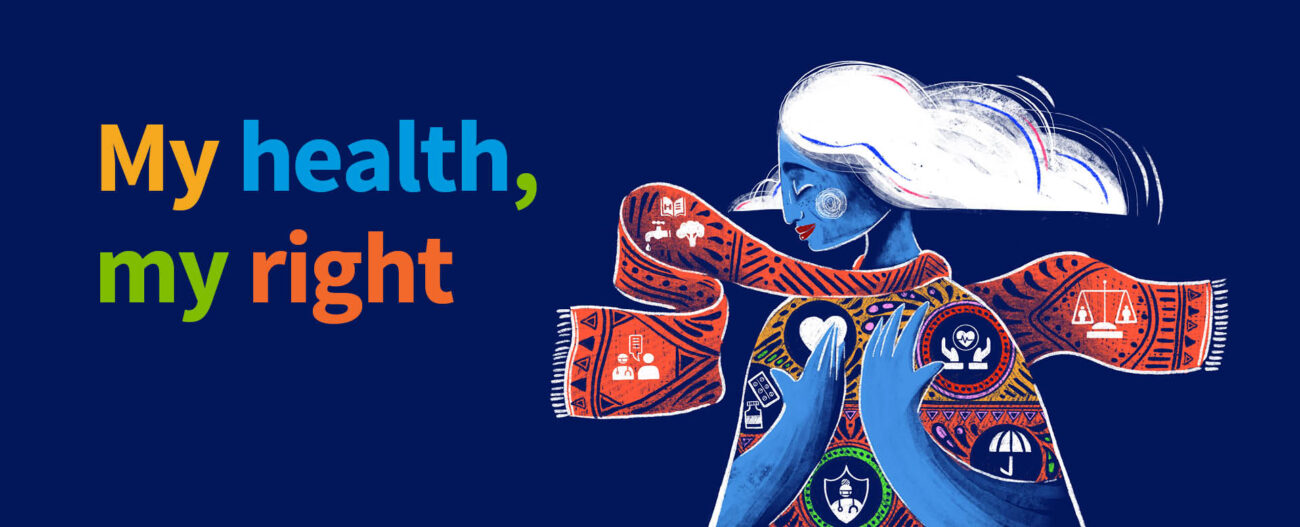
This year’s theme was chosen to champion the right of everyone, everywhere to have access to quality health services, education, and information, as well as safe drinking water, clean air, good nutrition, quality housing, decent working and environmental conditions, and freedom from discrimination.
The theme for World Health Day 2024 is ‘My health, my right’.
Importance of the Day
World Health Day aims to raise awareness about global health issues, promote health equity by addressing disparities, encourage collaboration among stakeholders, and highlight progress in improving health outcomes worldwide.
This includes educating people on the importance of good health, providing access to healthcare services, and reducing the burden of diseases in disadvantaged communities and low- and middle-income countries.
Need to recognize the day
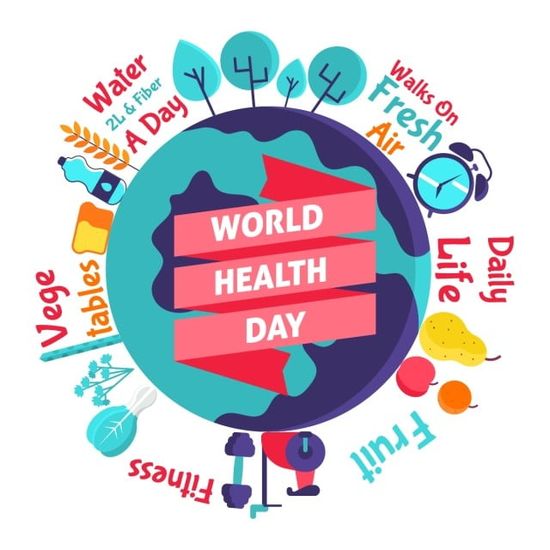
Rising Deaths Due to Environmental Causes
Around 13 million deaths are caused due to avoidable environmental causes around the world.
The climate crisis is the single biggest health threat facing humanity.
Rising Air Pollution
Over 90% of people breathe unhealthy air resulting from the burning of fossil fuels.
Impact of Pandemic
The pandemic has revealed weaknesses in all areas of society and underlined the urgency of creating sustainable well-being societies.
The societies are committed to achieving equitable health now and for future generations without breaching ecological limits.
Rising Extreme Weather Events
Land degradation and water scarcity are displacing people and affecting their health.
Rising Pollution and Plastics
Pollution and plastics are also affecting people’s lives and have made their way into our food chain.
Inequitable Distribution of Income
The present design of the economy leads to an inequitable distribution of income, wealth and power, with too many people still living in poverty and instability.
What is the World Health Organization?

WHO is the United Nations agency that connects nations, partners and people to promote health, keep the world safe and serve the vulnerable – so everyone, everywhere can attain the highest level of health.
- WHO was founded in 1948.
- Its headquarters are situated in Geneva, Switzerland.
- There are 194 Member States, 150 country offices, and six regional offices.
- It is an inter-governmental organization and works in collaboration with its member states usually through the Ministries of Health.
Objectives of the World Health Organization
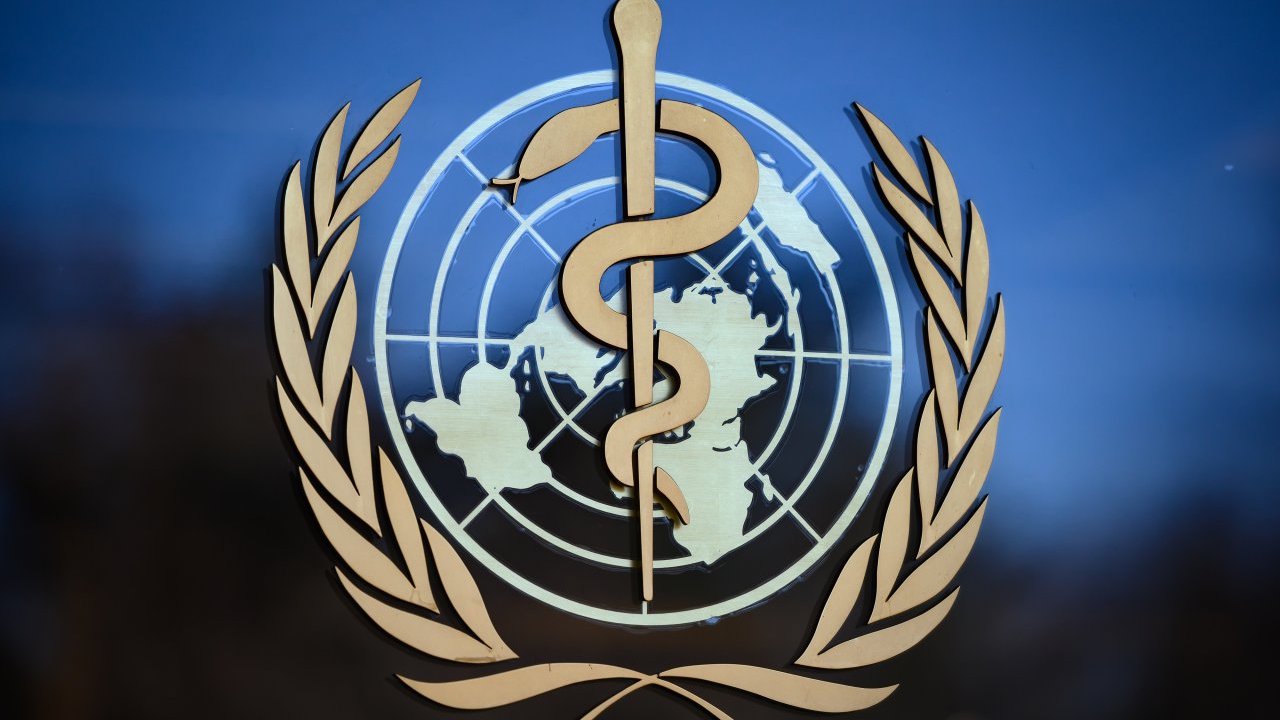
- WHO leads global efforts to expand universal health coverage.
- It directs and coordinates the world’s response to health emergencies and promotes healthier lives for people around the globe.
- WHO outlines an ambitious plan for the world to achieve good health for all using science-based policies and programmes.
- To act as the directing and coordinating authority on international health work.
- To provide assistance to the Governments, upon request, in strengthening health services.
- To promote cooperation among scientific and professional groups which contribute to the advancement of health.
- World Health Assembly(WHA) is WHO’s decision-making body attended by delegations from all of WHO’s member states.
- The assembly is held yearly in Geneva, Switzerland.


 Maxx Marks Class 10
Maxx Marks Class 10 Maxx Marks Class 12
Maxx Marks Class 12 UP Board Books
UP Board Books CC Guide For Class 9
CC Guide For Class 9  CC Guide For Class 10
CC Guide For Class 10  CC Guide For Class 11
CC Guide For Class 11  CC Guide For Class 12
CC Guide For Class 12  NCERT Class 9
NCERT Class 9  Vidya Digest Series
Vidya Digest Series UP Board Textbooks
UP Board Textbooks UP Text Book Class 9
UP Text Book Class 9 UP Text Book Class 10
UP Text Book Class 10 UP Text Book Class 11
UP Text Book Class 11 UP Text Book Class 12
UP Text Book Class 12
 ITI Question Bank
ITI Question Bank B.Ed Year I
B.Ed Year I B.Ed Year II
B.Ed Year II






